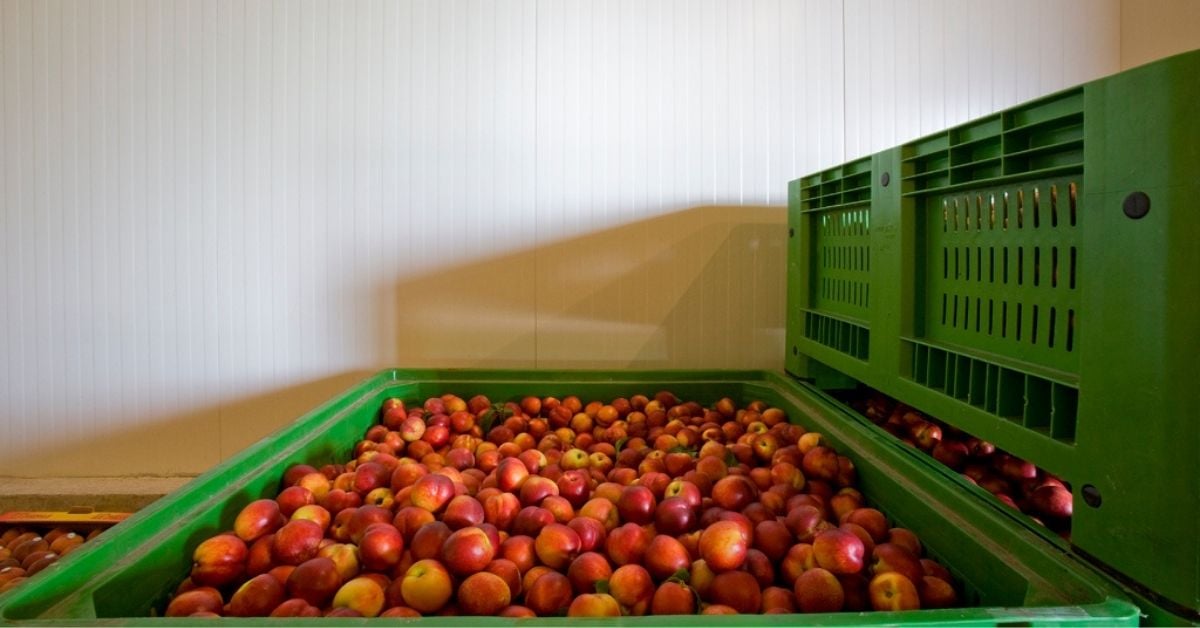Today the correct preparation and handling of food is one of the priorities of the agri-food industry, like all activities that deal with the administration of food, from bars to restaurants, from track food to stalls. Health, especially in this era where the value of organic and Zero Kilometre products was rediscovered, is a value recognised by the entire food chain.
The HACCP (Hazard Analysis Critical Control Point) certification monitors the supply chain: it is a mandatory certification that regulates the agri-food chain from field to table thanks to a careful assessment of the entire production process. It identifies the chemical, biological and physical risks in a food company, the critical control points that could create risk, the limits of acceptability of the criticalities, the ways to control the criticalities and prevent the resulting risks, the procedures that need to be followed to verify the adopted solutions and the documentation that the company must have on the topic of food safety.
The seven principles of HACCP
There are seven cornerstones of the HACCP system to protect the health of consumers:
- Identification and analysis of dangers: from cultivation to consumption, it lays out the assessment of the probability of the onset of the potential danger and its possible severity.
- Identification of Critical Control Points: mandatory control of certain stages of processing to reduce or prevent the problem.
- Definition of critical limits: definition of the reference value that divides acceptable from unacceptable in order to guarantee the safety of the finished product.
- Definition of monitoring procedures: these are supplier and product control interventions, processing procedures and hygiene conditions.
- Definition and planning of corrective actions: identification of the actions to be carried out if monitoring indicates that the critical limits have been exceeded, and correction.
- Definition of test procedures: to demonstrate the effective adequacy of the measures adopted by means of additional tests.
- Definition of registration procedures: this involves the preparation of documentation regarding all registration procedures that demonstrate the application of the standard.
ISO 22000 standard
ISO 22000 is a standard created with the intention of harmonising national and international standards on food safety and HACCP. The standard guarantees food safety "from field to table" based on a number of elements such as:
- Interactive Communication
- System management
- Adoption of good practices schemes
- HACCP principles
- Assessment and update of the food safety system
The HACCP system is a methodology based on the analysis of the risks that could arise from the administration of a given product that is not properly processed. A set of company self-control procedures, monitored and tested by the appointed bodies, makes it possible to identify the critical points of the production process to be kept under control both from a hygiene-sanitary as well as technological point of view, to avoid the loss or rapid decay of the organoleptic characteristics of the processed food.
Mr. Magnoni, an engineer from Centro Studi Galileo, underlines how in the past, "Food quality has always been established by carrying out checks and analyses on the finished product and in some cases even when the product was already in the distribution phase. With this exclusively late inspection approach, there are various limits including the need to take a sufficiently representative number of samples of the entire batch in order for the analysis to be meaningful; to obtain truthful results, operating times of a certain duration are necessary; but, above all, this method only identifies the effects of a certain inconvenience, without establishing the cause in order to prevent the anomaly in the future".
The approach changes with the methodology of the HACCP system, with a view of prevention capable of reducing the repeatability of the risk.
Isopan sandwich panels are suitable for occasional contact with food, washable and resistant to aggressive washing agents. Furthermore, these products must ensure an excellent barrier to water vapour, in particular with the Isofrozen type of joint, which provides exceptional air tightness.


